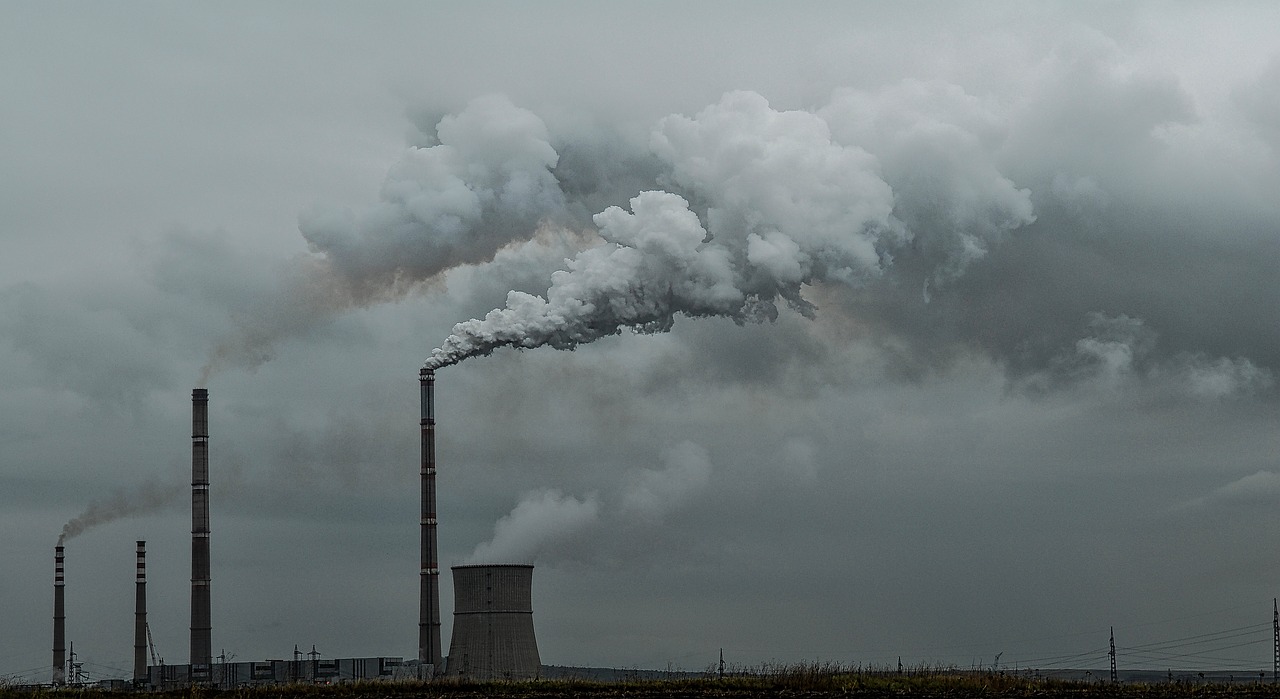Earlier this month, the first report to result from 2015’s Paris Agreement on climate change hit the media with a resounding thud of dread. The long and short of its findings were that the effects of climate change are going to become more serious sooner than we expect, with increasing amounts of wildfires and floods, less access to clean drinking water and food, and coral reefs dying off.
The reaction to these apocalyptic predictions were, understandably, alarmed. Social media was quickly flooded with thinkpieces telling us how to reduce our carbon footprint and take care of the planet, with the usual suggestions: eat less meat, use more public transit, recycle, and so on. And those are all great suggestions, but ultimately, the actions of an individual are not going to be enough to stop these changes from happening.
By all means, I encourage everyone to do their part and try to be environmentally responsible — it’s nearly impossible for people on an average budget to follow every suggestion out there, but do what you can. It’s easy to get caught up in the areas you fail to take these actions. Yeah I recycle everything I can, but I also have a long commute in an old car that leaves big clouds of exhaust. But I’ve got to get to school, and it was what I could afford. We can try to do better within our means, but we need to remember one very important thing:
We’re not the ones who really need to change.
A 2017 article from the Guardian says that “Just 100 companies have been the source of more than 70% of the world’s greenhouse gas emissions since 1988.” So the actions of the 7.4 billion of us who don’t run those companies matter, but they won’t be enough to turn the tide (or stop it from rising, as the case may be) on our own.
The answer, of course, is simple. It’s to elect people who will have the power and will to regulate those companies here in Canada, and to pressure other countries to do the same abroad. And even on a smaller scale, voting for an environmentally-conscious candidate in a municipal election, like the ones happening in B.C. this Saturday (Oct. 20), still has the potential to be a larger impact than you can have on your own: a city the size of Abbotsford taking action to increase the viability of public transit use, for example, could mean hundreds less cars on the road.
But the less-talked-about side of this climate change culture is that of the way it ties deeply into our capitalist, consumerist society. A hundred companies produce more than 70 per cent of greenhouse gas emissions, but many of them also have taken to commodifying the idea of being environmentally friendly. Whether that comes in the form of claiming their organic food is better for the environment, producing goods from recycled materials, or making donations to environmental causes, never forget that their ultimate goal is profit, and that it is within their power to cut down on emissions.
In my mind, there’s no more glaring symbol of this than the electric car. Taken in isolation, yes, they certainly seem better for the environment. But even putting aside all of the pollution caused by manufacturing, distribution, and so on, consider this: by marketing electric cars, corporations are quite deliberately shifting the responsibility of “saving the planet” to you, the consumer. They’re saying “If you buy our product, you are doing your part.” They get good press for their “environmentally-friendly” products, while shifting responsibility onto the individual level. An electric car is something aspirational, something not everyone can afford, but it promises an elevated status as a protector of the planet to those that can afford it, and a dream of one day “doing your part” to those who can’t.
Ultimately, our greatest power is in pushing for systemic change that will lead to regulation on these companies, both through our votes and our voices. Try to do what you can, but don’t let corporations make you feel like garbage because you aren’t buying their products, and don’t let them tell you it’s all of our responsibility equally. No. It’s theirs, and we’re just here to push them into doing it.

Jeff was The Cascade's Editor in Chief for the latter half of 2022, having previously served as Digital Media Manager, Culture & Events Editor, and Opinion Editor. One time he held all three of those positions for a month, and he's not sure how he survived that. He started at The Cascade in 2016.

